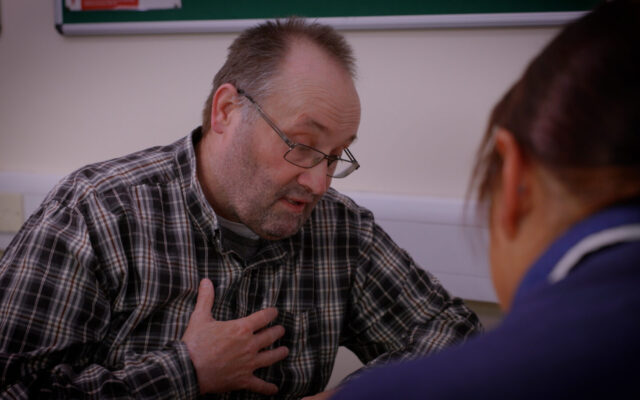Well, yes and no. Supported living is a concept that says people with learning disabilities should determine their own lives, choose who they live with and where. The concept is straightforward and achievable if you start with a person or a group of friends who want to live together.
The supported living services developed in the early days came from de-registering care homes. Good organisations attempted to shift so that housing and support was more within people´s control than before, though not always what would be defined strictly as supported living. Not-so-good organisations simply changed the name over the door of registered care homes and called it supported living and the best that happened was that people got a better personal income.
Supported living is often perceived as a tenancy-based service model. We hear `supported living house´ ` supported living flats´ `our supported living service´ used by providers that retain ownership of where people live. The term has become synonymous with a service type and often confused with supported housing.
Providers have had to struggle with bridging old and new worlds and it isn´t easy. We have historic services steeped in the structures of residential care that tenants, staff and families are happy with. Yet we have young people and families demanding to live in their communities, with people they like, being supported in the way they want.
CQC regulations are clear
There is nothing wrong with good quality services where people share, have some restricted choices but can change things or move on, like we have all done in our lives. But we cannot pretend people have real choice and control when they don´t. CQC regulations are clear that where domiciliary care is being provided, the provider must not treat it as a care home and people must have the same rights as anyone else who rents or buys their own home.
What we know is that gone are the days when we open up a `home´ and fill it with people. Many of our members are now setting up housing and support arrangements around individuals and people who choose to live together. This is definitely the future for supported living but not yet the norm. Others are looking at more flexible models of housing and support where people have their own flats in an`extra care´ type arrangement. Providers need to be flexible; working with individuals, families and commissioners to provide a range of support, help people to find housing, housemates, friends, work and learning. It is good to have options where people can live alone, if that is what they want, or with friends but we need to find ways to connect people with wider networks and have richer lives. Community, relationships and dealing with loneliness and isolation need to be as important as keeping people safe.
Radical rethink
We need a radical rethink about the concept and language of supported living. Why don´t we talk about independent living for people with learning disabilities? We need to move from simply defining independence as `doing everything for ourselves´ towards a definition of determining what happens in our lives, even if we need help to do this. Let´s think about what independent living means for people with learning disabilities, even for those who need lots of support and want to live with others. Let´s start thinking about how people live in terms of their human rights and not some label they happen to have attached to them.




